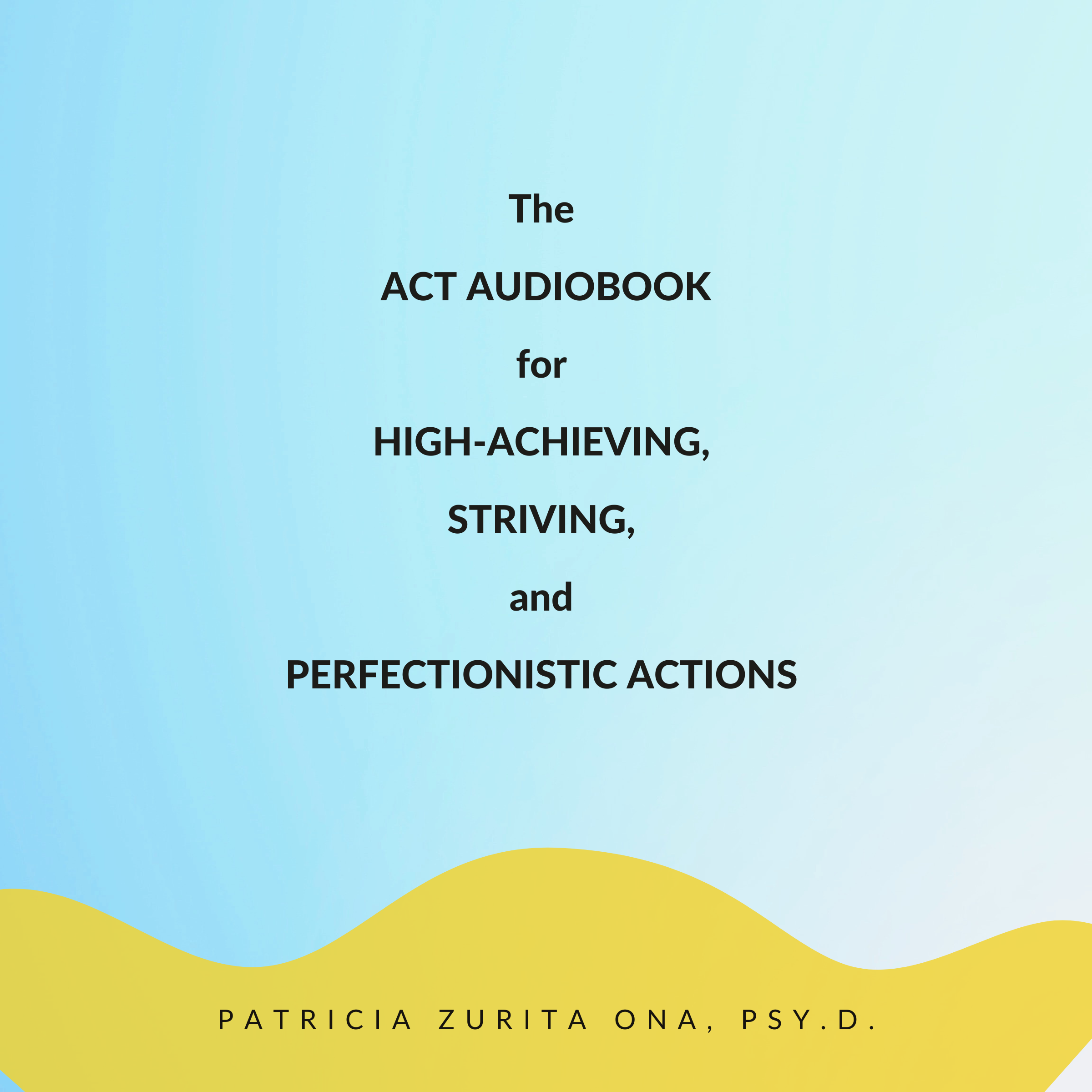60% of people dealing with depression are likely to be dealing with anxiety. If you’re anxious, you are also likely to be depressed.
In the case of fear-based struggles, it is much more common to struggle with different types of fears than a single one. So if you’re dealing with attacks, it’s also possible that you’re dealing with chronic worry, or if you’re dealing with chronic worry, it’s also possible that you’re struggling with fears of public speaking.
Traditional CBT focuses on treating a disorder such as social anxiety or depression. The problem with focusing on a single disorder is that the root cause of those struggles is not addressed.
A core characteristic of ACT is to focus on teaching you psychological skills to increase your well-being, mental health, and the quality of your life. Instead of focusing on a diagnosis, ACT tackles the drivers of that particular diagnosis; therefore, ACT by nature is what is called a process-based model.
Table of Contents
Key Takeaways
In this conversation Joseph Ciarrochi, Ph.D. and I discuss:
- The different psychological processes that are part of any struggle we deal with.
- The relationship between psychological processes and evolution.
- The importance of variation, selection, retention and context as drivers of changes
- The challenges of letting go of “all those stories about who we are.”
- The importance of paying attention to our physiological responses when getting stuck
-
Six dimensions of any psychological struggle: (a) Motivation, (b) overt behavior, (c) sense of self, (d) attention, (e) attention, (f) cognition.
About Joseph Ciarrochi, Ph.D.
Professor Joseph Ciarrochi is among the top one percent most cited scientists in the world for his revolutionary work on the development and promotion of well-being. He focuses on psychological flexibility, or what he terms “flexible strength,” a cluster of skills that can be used to promote personal growth and build vitality and valued action. Examples of skills related to flexible strength are emotional intelligence, social intelligence, mindfulness, psychological flexibility, non-attachment, grit, equanimity, willpower and emotion regulation skill.
Professor Ciarrochi has given presentations and workshops all over the world on how best to promote well-being and peak performance. He is a research professor, and all talks are based on the best available science. He works with a wide variety of groups, including people in organizational settings, adolescents, teachers, leaders, and members of the public.

Resources
- A process-based approach to psychological diagnosis and treatment: The conceptual and treatment utility of an extended evolutionary meta model by Ciarrochi, Hayes, & Hoffman
- Joseph Ciarrochi’s website
- Joseph Ciarrochi’s latest book: What Makes You Stronger: How to Thrive in the Face of Change and Uncertainty Using Acceptance and Commitment Therapy
- Joseph Ciarrochi’s LinkedIn: https://www.linkedin.com/in/ciarrochi/
- Joseph Ciarrochi’s Facebook: https://www.facebook.com/joseph.ciarrochi.3
- Joseph Ciarrochi’s Twitter: @Jciarrochi










